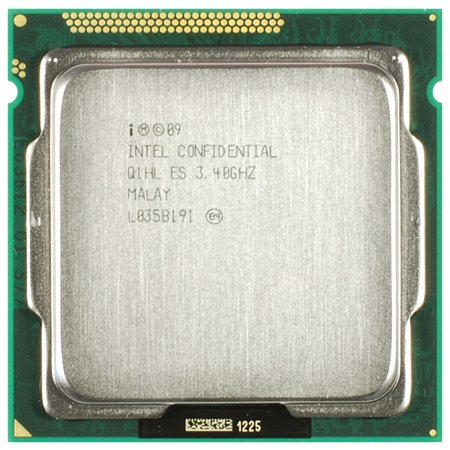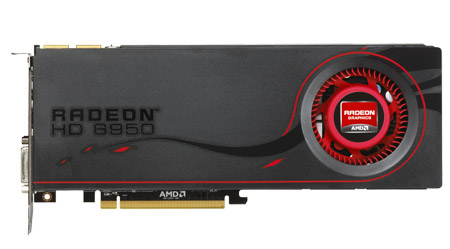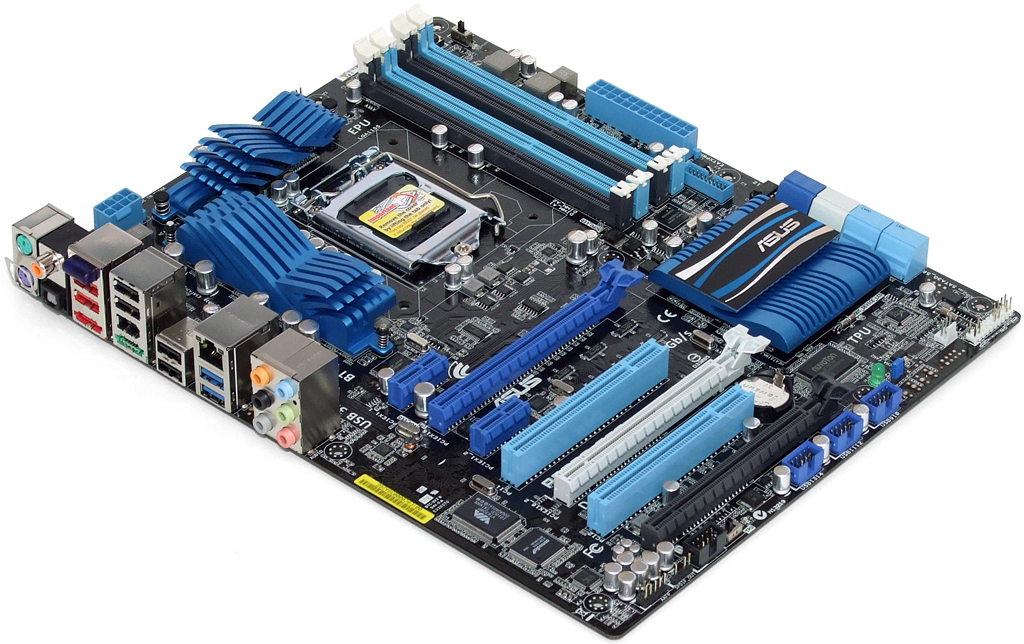Eight 8 GB (2 x 4 GB) Memory Kits For P67 Express, Rounded Up
Intel’s newest platform lineup has the same memory requirements as P55 Express, yet some of the modules available for it are rated differently. We discuss those differences on our quest to find the best performance/price in an 8 GB dual-channel kit.
Test Settings And Benchmarks
| Test System Configuration | |
|---|---|
| CPU | Intel Core i7-2600K (Sandy Bridge): LGA 1155, 3.40-3.80 GHz, 8 MB L3 Cache, O/C at 1.25 V to 4.00 GHz |
| Motherboard | Asus P8P67 Pro: BIOS 1305 (02/11/2011), Intel P67 Express, LGA 1155 |
| Graphics | AMD Radeon HD 6950 2 GB: 800 MHz Cayman GPU, GDDR5-5000 |
| Hard Drive | Western Digital WD1002FBYS: 1 TB, 7200 RPM, SATA 3Gb/s, 32 MB cache |
| Sound | Integrated HD Audio |
| Network | Integrated Gigabit Networking |
| Power | OCZ-Z1000M 1000 W Modular, ATX12V v2.2, EPS12V, 80 PLUS Gold |
| Software | |
| OS | Microsoft Windows 7 Ultimate x64 |
| Graphics | AMD Catalyst 11.1 |
| Chipset | Intel INF 9.2.0.1019 |
With a range of multipliers that support data rates up to DDR3-2133 at its standard base clock, Intel’s Core i7-2600K provides the memory controller for this LGA 1155 memory stability tests.
Many of our games have previously appeared memory bottlenecked, but only at extremely high FPS. We added a few more strenuous gaming scenarios to today’s tests to represent a more realistic representation of performance differences, topping the system with an equally-capable AMD Radeon HD 6950 graphics card.
Asus' P8P67 Pro topped our previous motherboard roundup’s memory overclocking chart, making it the best choice for pushing these modules to their limit.
| Benchmark Configuration | |
|---|---|
| Stability Test | Prime95 v25.8 (64-Bits), Eight Threads, Torture Test, FFT length 1024K Min Latency at DDR3-2133, 1866, 1600 |
| Bandwidth Test | SiSoftware Sandra Version 2009.9.15.130 Bandwidth Benchmark |
| Aliens vs Predator | Alien vs. Predator Benchmark Tool, Highest Settings, 4x AA, 16x AF |
| Crysis | Patch 1.2.1, Benchmark tool, DirectX 10, 64-bit, CPU-Test Highest Quality, 4x AA |
| F1 2010 | v1.01, Run with -benchmark example_benchmark.xml, Highest Settings, 4x AA |
Get Tom's Hardware's best news and in-depth reviews, straight to your inbox.
-
hmp_goose What happened to "get DDR3-1333 with tight timing: You'll never be able to appreciate `faster' stuff"?Reply
stuff rated 7-7-7-18 ment something, I thought … -
enforcer22 MMk sorry goose more ram is almost always and i mean 99.99999% better then faster ram :) i never saw any differences in ram speed turning off t1 and t2 timings slowing it down to a crawl turning off dual channel.. NEVER gave me an effective visual result. But adding more ram always gave me an instant result. I had this same argument with someone last week.. Nice to now have proof he was wrong about faster ram meaning something :) My ram is rated at 1600 but i have it only set on 1333 :/Reply -
dalauder My DDR3 2000 CL9 runs @ 1915MHz CL6 just fine. And I had some DDR2 800 @ 1010MHz & DDR2 533 @ 727MHz. I think most RAM just OC's nicely. I've also had a few weaker sticks (DDR2 667 that can't go over 727MHz), but it all exceeds posted specs.Reply -
CyberAngel I'm expecting to get my 2*4GB + 2*4GB DDR2 800MHz this weekReply
BUT
If I could do it over again I'd get that overly expensive DDR3 motherboard and just 1GB of RAM then later add more RAM sticks
Whenever DDR4 comes I'll jump in with small sticks and upgrade to more RAM when it gets cheaper (due to 20nm->15nm shrink)
Well, that's when Windows 9 arrives and 16 cores is the mainstream (2017?) I hope I have enough money for 3D projector at QuadHD, 4feet by 8feet white wall... -
Onus I would like to have seen something like the G.Skill Value series tested, but it really looks like RAM just doesn't make all that much difference for games.Reply -
ubercake I know this wasn't the primary focus of the article, though it is a good example of how sending more juice to your RAM and upping the speed on it has no noticeable effect on gaming performance.Reply -
gaborbarla ubercakeI know this wasn't the primary focus of the article, though it is a good example of how sending more juice to your RAM and upping the speed on it has no noticeable effect on gaming performance.Agreed,Reply
I would like to see a cheaper stick thrown in there like my Kinston Standard 512M X 64 Non-ECC 1333MHz 240-pin Unbuffered DIMM (DDR3, 1.5V, CL9, FBGA, Gold)
These RAMs with 19" Alloy wheels dont really seem to be worth their pricetags.
I think it is safe to say it is better to spend money on a better graphics card or CPU, perhaps a PSU.



